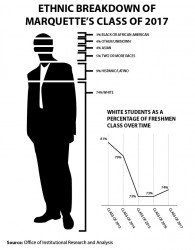 Bruce Shepard, the president of Western Washington University, said in a fall convocation speech that if his university is “as white” as it is today in the decades ahead, it will “have failed as a university.”
Bruce Shepard, the president of Western Washington University, said in a fall convocation speech that if his university is “as white” as it is today in the decades ahead, it will “have failed as a university.”
These comments received national attention in the past few weeks, but Shepard is standing by his words.
“I needed to provoke some attention,” he told the Associated Press last week. “It’s really important to understand the issue facing all of American higher education and that is, our country is changing.”
William Welburn, associate provost for diversity and inclusion, said he believes comments like Shepard’s have good intentions, but the case is different for a Jesuit university like Marquette.
“It shouldn’t come as a surprise that he responded how he did, when a public institution has a responsibility to provide a public good,” Welburn said. “But I think as a private institution, we have a different way of looking at the same issue. We have a responsibility as a Jesuit university to respond to what we believe in, which is well-articulated in our mission statement.”
Overall, Welburn said he believes diversity is key to creating a leading university, which is precisely what he said Marquette strives to become.
“Several years back, when Harvard University was number one, that was the same year as when they had the highest admissions of African American and Latino students,” Welburn said. “I don’t think that’s a coincidence.”
Kyle Whelton, president of Marquette’s student government, said he agrees diversity should be considered in the application process, but believes it should not be given too much weight.
“A person’s race and ethnicity are core to their personal identity, but are not the only factors that will determine if they belong at Marquette University, and I think it is a disservice to each applicant to treat it as such,” Whelton said in an email.
Whelton instead suggests other diversity-related criteria should be given equal weight in the applications process, along with the standard academic criteria.
“I think it is important on the aggregate, and we have to strive to make Marquette more diverse, and I mean that in more than just a racial or ethnic sense,” Whelton said. “Diversity is not just skin-deep. It exists in socioeconomic background, sexuality, gender identity, faith tradition and even geography.”
Whelton said he sees the current percentage of ethnic minority students, which is 22 percent for the 2013 freshmen class, as a problem, but one that is on-track to correction.
The last Higher Learning Commission report noted that Marquette’s diversity criterion was “met with concerns,” due to the lack of a “comprehensive and intentional plan to actually achieve diversity.”
“The evidence suggests that, though the commitment to embrace diversity has been unanimous, progress towards operationalizing its commitment has been less than sufficient,” the HLC report noted.
To increase cultural and ethnic representations on campus, Whelton suggests the university partner with scholarship and charitable foundations seeking to expand diverse population’s access to college educations.
“If we can demonstrate that Marquette is one of the best places for (diverse populations) to send their scholars or at least encourage their scholars to attend,” Whelton said, “that will go a long way towards diversifying the Marquette student population.”



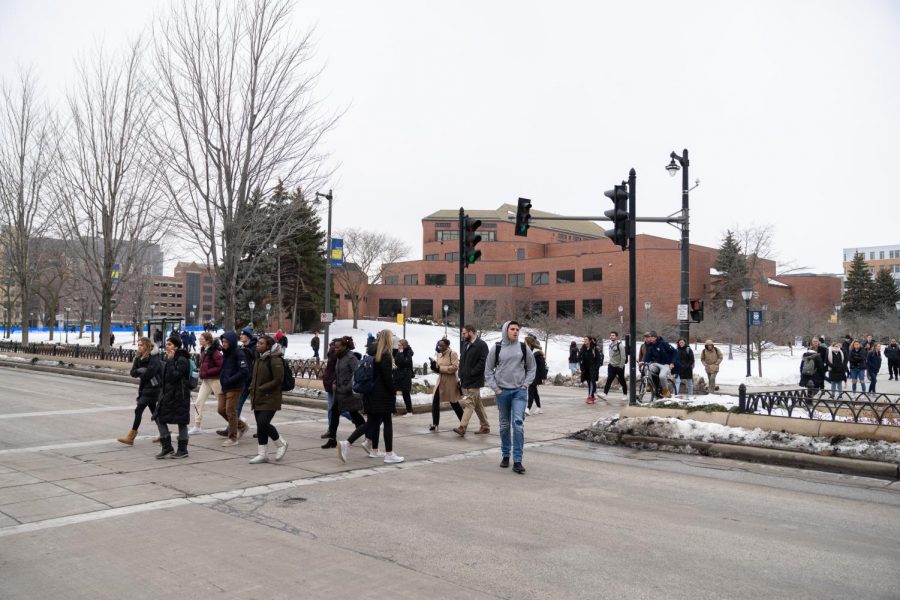

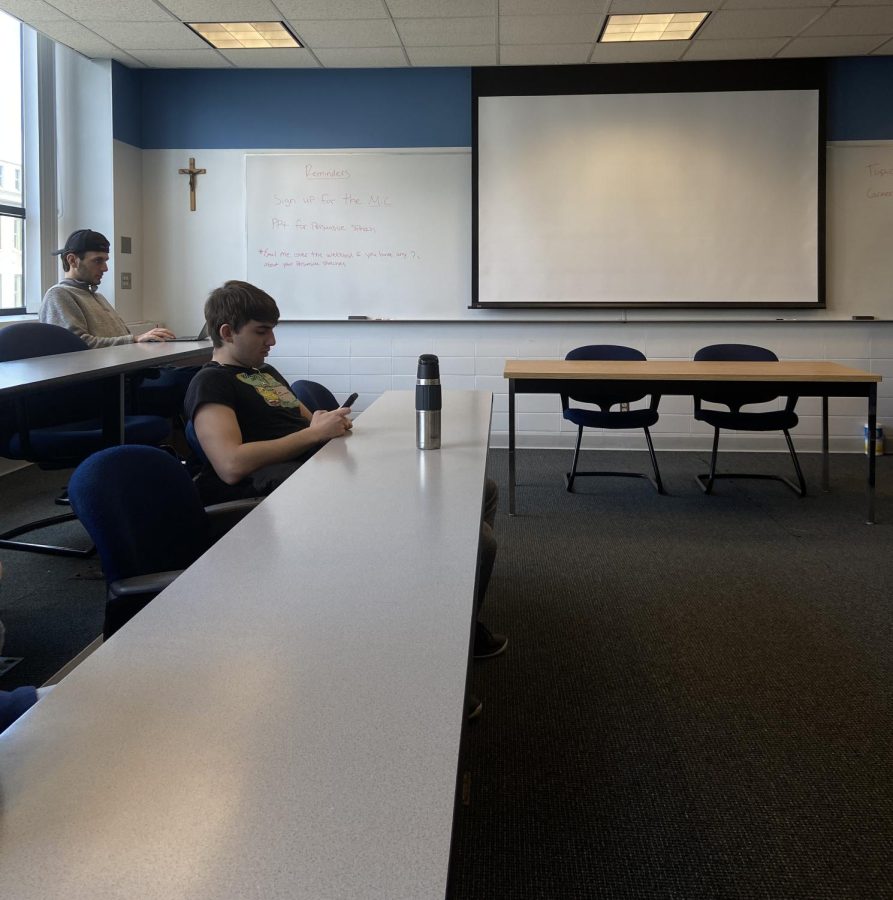
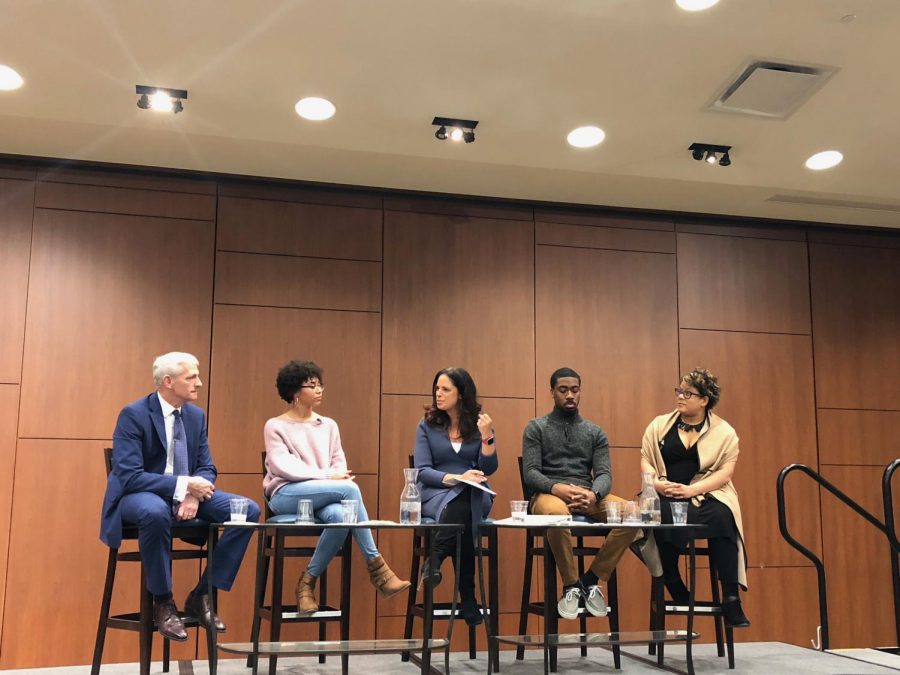
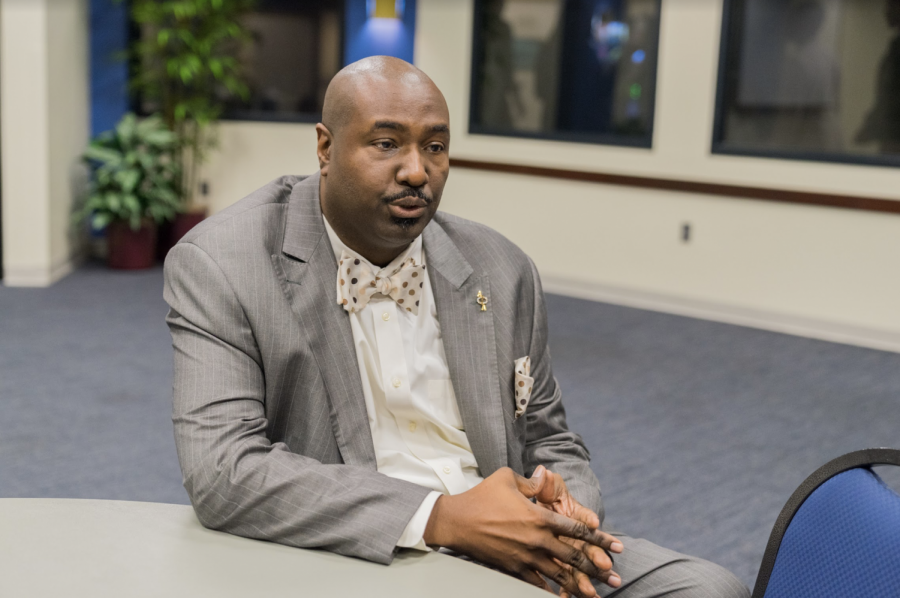
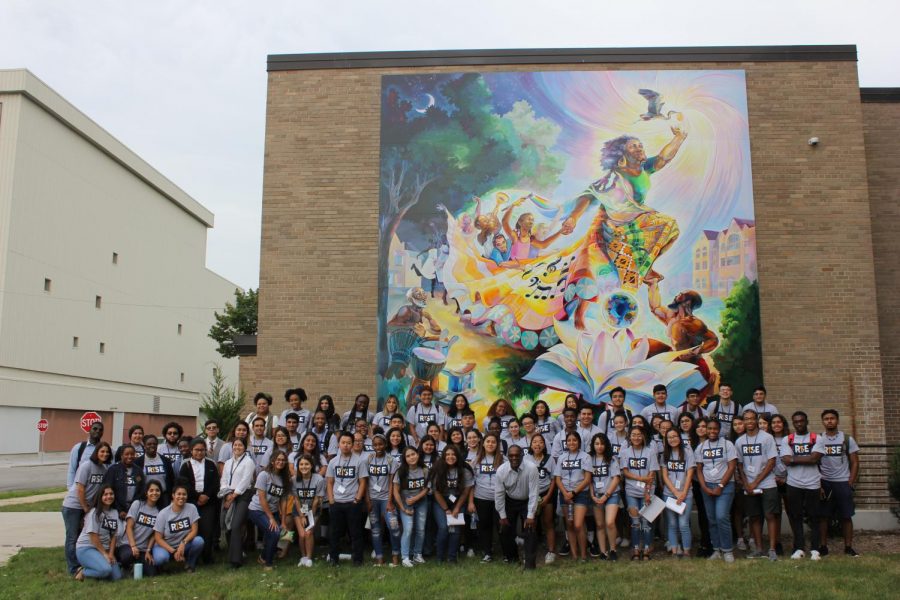
Ben Lockwood • Apr 24, 2014 at 10:23 pm
I agree, Terry. This article was focused specifically on the ethnic side of diversity, as the comments made by Bruce Shepard were primarily race/ethnicity-based. However, I do realize that ethnicity is only a small part of the overarching theme of “diversity,” and I think Kyle Whelton nicely points that out in the article. There is definitely a problem with diversity if you can’t find a single member of the L.G.B.T.Q. community, along with the other minority-communities on campus, during your time here.
Terry Kane • Apr 22, 2014 at 12:42 pm
This article nicely points out the importance of diversity, however, there is a notable absence of any discussion of the miniscule number of gay students currently enrolled at Marquette. Ethnic diversity is just one piece of the puzzle here; please, in the future, include your fellow gay students in this discussion. When a student is able to graduate from Marquette without personally knowing even one gay student, that’s total failure.